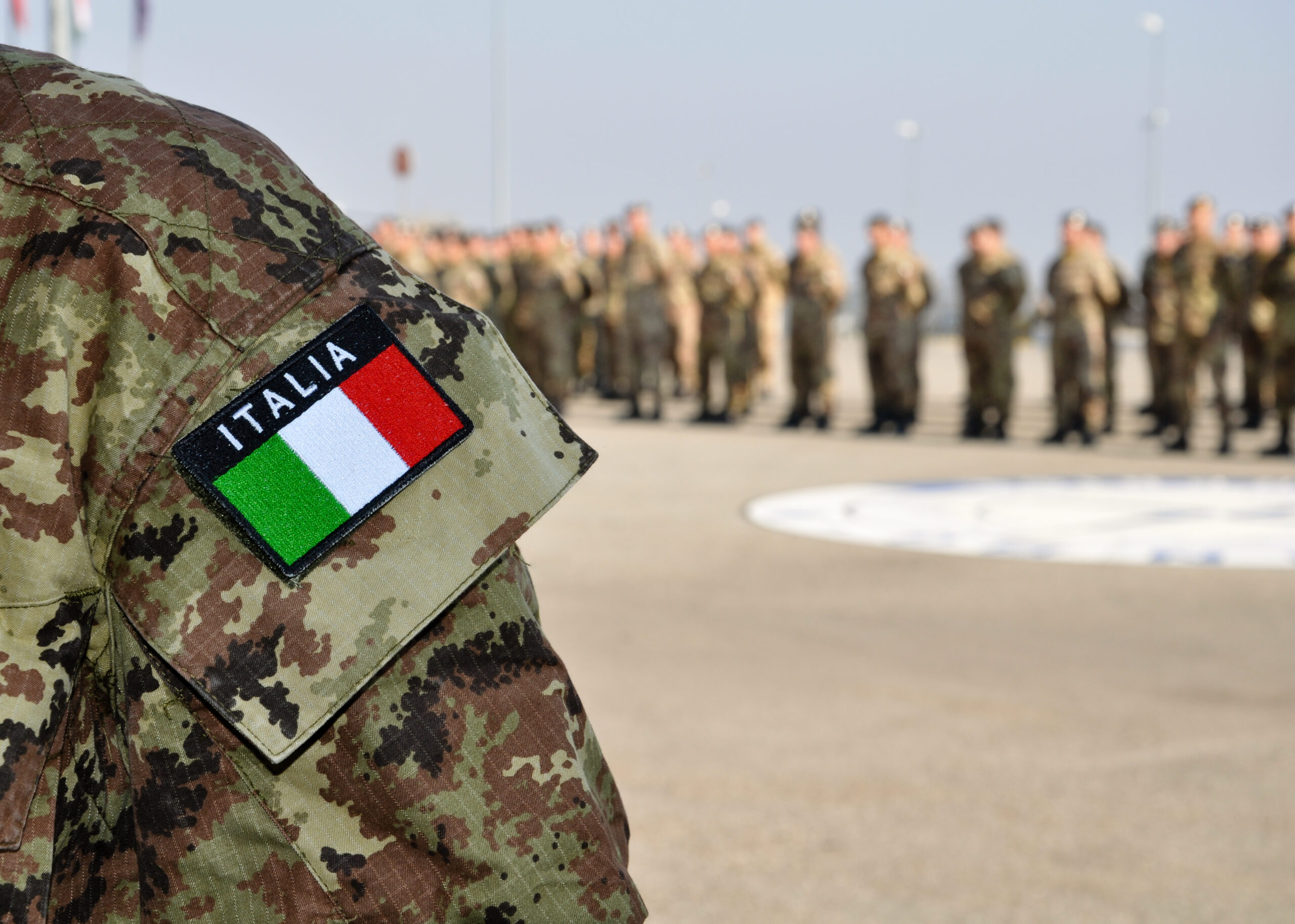Because the Armed Forces risk being a land of conquest for trade unions and politicians

The Senate irresponsibly approved the bill "Rules on the exercise of trade union freedom of the personnel of the Armed Forces and of the military police forces". The intervention of Andrea Armaro, journalist, former head of communication at the Ministry of Defense
Dear manager,
just two days ago the Senate with considerable irresponsibility approved the bill containing “Rules on the exercise of trade union freedom of the personnel of the Armed Forces and of the Military Police Forces”.
The bill already approved by the House in a more than superficial way will have to be re-examined by the same for changes made by the senators. I hope that this time, also in the light of some observations made by jurists, soldiers and experts, someone at Montecitorio will finally find that little bit of common sense that leads the deputies to think and fully evaluate the harmful consequences for our Armed Forces. and for the defense and security of the country that this rule would produce.
A little history: with sentence no. 120 of 2018, the Constitutional Court dropped the prohibition for the military to set up trade union professional associations. Declaring article 1475, paragraph 2, of the Code of the military system unconstitutional (soldiers cannot form trade union professional associations or join other trade union associations), the Court nevertheless reiterated that, given the particular status and functions of the personal, the freedom of association of the military is however subject to a series of limitations. Therefore, without prejudice to the prohibition on joining other trade unions, the Court pointed out a further series of restrictions, drawn entirely from the national and European regulatory framework, both of a structural nature (such as: the need for the prior consent of the Minister of Defense ; the democratic nature of the statute; the evaluation of the functioning and financing of the association), which is functional (the prohibition of exercising the right to strike; the persistence of the limits valid for the current military representation bodies, thereby excluding "matters concerning organization, training, operations, logistic-operational sector, hierarchical-functional relationship and employment of personnel ").
The starting point comes from the aforementioned need, for trade union associations that intend to regularly establish themselves, to obtain the prior consent of the Minister, understood here as the hierarchical and disciplinary top of the Armed Forces and administrative top of the Defense. As such, the Minister certainly cannot be called to express this opinion in solitude; on the contrary, he must act as the ultimate decision-maker in a procedure in which the mandatory opinions of a series of divisions of the State must be provided – not only in the Ministry of Defense, therefore – which by law have the task of protecting national security and integrity of the Institutions. I am thinking of the Presidency of the Council through its Agencies, considering the issues they will deal with and the topics they will become aware of. It is no coincidence that yesterday at 5 pm (I repeat 17 unions) plus the CGIL and CISL complained. Imagine the chaos of requests, meetings, disputes that can generate 17 associations already competing with each other.
We live in an era in which not a week goes by without a case of attempted or implemented interference by external parties in public interests or, in any case, of particular public importance, coming to the attention of the public. We are constantly confronted with the excessive power of the great global economic and financial players, think of Ilva, entrusted to an Anglo-Indian company, capable of determining the destiny of entire industrial sectors of a country, or perhaps the economic stability of the system itself. We have learned about the hidden pitfalls of new information technologies, where control of data or networks can lead to the manipulation of political processes or even the collapse of essential services. I am thinking of social media and fake news created by foreign countries and also conveyed by fake accounts or by local groups that in some cases have influenced public opinion in others we have seen their destabilizing potential.
Faced with these new challenges, the community and politics in some cases have been able to find answers, albeit partial, such as the strengthening of the special powers available to the Executive to ultimately protect some of the most vital public goods. 'institute of the Golden Power.
It would be absurd, then, if the integrity of the Armed Forces governance system were not permanently included within this strengthened perimeter of public goods that must be absolutely protected. For this reason, the scrutiny on subjects who intend to exercise such a delicate function, in direct contact with military personnel, must be thorough and severe, to avoid all risks of undue interference.
Equally important must be the guarantee of non-politicization of the new instrument of representation. In the past, but also recently, the danger of an implicit close connection between some sectors of the judiciary and the world of politics has clearly emerged. We absolutely cannot allow the Armed Forces to become a terrain of conquest for parties, unscrupulously seeking electoral consensus even at the expense of the impartiality of public institutions. Or even external powers interested in keeping the country just above the waterline.
Parliament think about it.
Andrea Armaro
This is a machine translation from Italian language of a post published on Start Magazine at the URL https://www.startmag.it/mondo/perche-le-forze-armate-rischiano-di-essere-terra-di-conquista-per-sindacati-e-politici/ on Fri, 19 Nov 2021 14:09:16 +0000.
